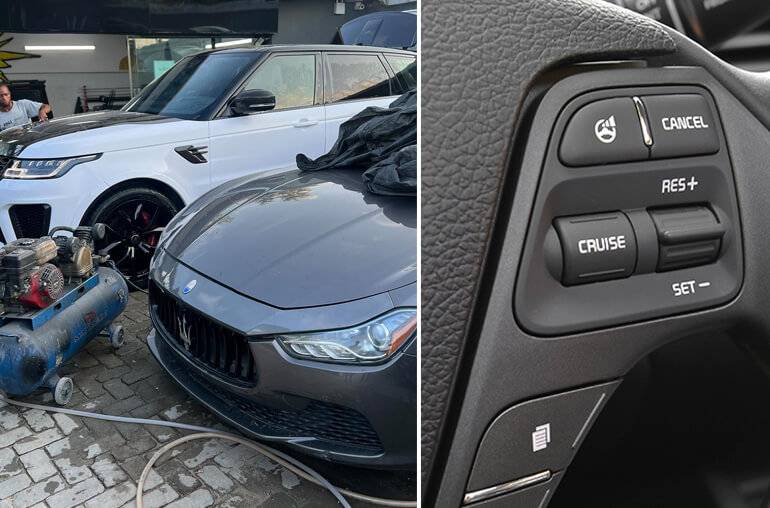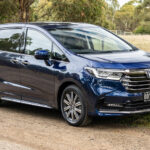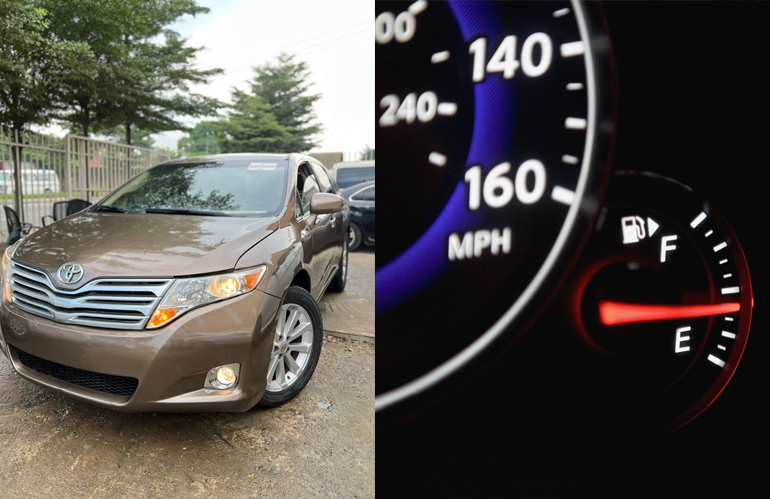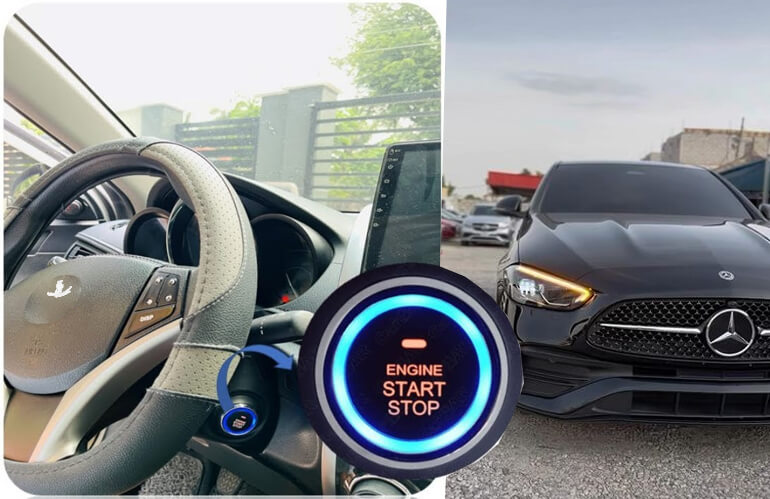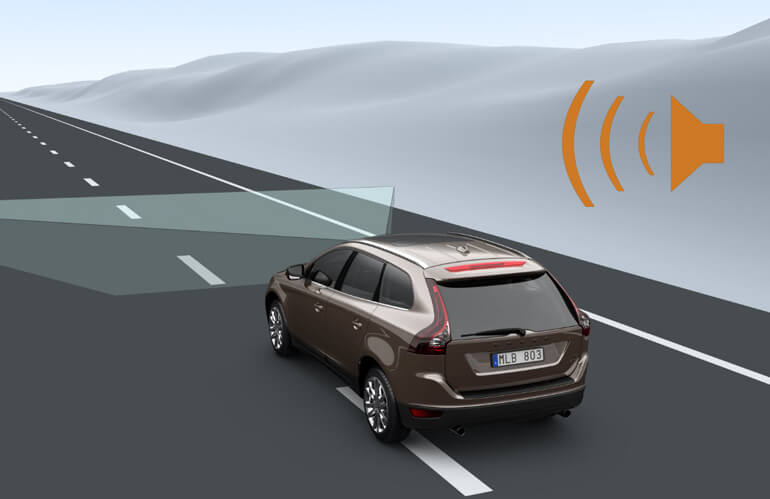Many car buyers seek models with advanced driver assists. Features such as automatic emergency braking and lane-keeping assistance can safeguard occupants and keep the car’s resale value high.
Table of Contents
But there are still tradeoffs with some advanced safety features. Some have a reputation for glitching; others are expensive to repair. One notable feature, adaptive cruise control, could negatively affect fuel mileage and total ownership costs.
How Does Adaptive Cruise Control Work?
Adaptive Cruise Control maintains a set distance to the car in front for more relaxed, less tiring long-distance trips. A modern variation of the traditional cruise control system, adaptive cruise control includes different systems that automatically adjust a vehicle’s position relative to its road position.
One system known as automatic braking uses sensors to detect vehicles ahead and slow to avoid rear-ending them. When no obstacle is in front, adaptive cruise control will resume its previous speed automatically.
Dynamic set speed types can slow a car or speed up without manual intervention to match current speed limits. These systems use GPS to gauge a vehicle’s position relative to speed limit signs and help drivers avoid unintentionally speeding on a highway or expressway.
As car manufacturers have worked to develop autonomous vehicles in recent years, the industry has developed a classification convention that includes features that allow a vehicle’s computer systems to share vehicle control with the driver or else take control entirely. Vehicles with adaptive cruise control are considered Level 1 autonomous vehicles. Level 1 vehicles usually also have features like parking assistance, lane-keep assistance, and automatic braking.
Are there issues with Adaptive Cruise Control Systems?
Adaptive cruise control doesn’t come standard on every vehicle. This system can be pricey, depending on the make and model. Though this feature can help mitigate accidents stemming from driver fatigue, it can also lull drivers into a false sense of security.
A tired driver using adaptive cruise control might need to resume vehicle control more quickly in an accident or emergency. According to a recent study cited by Kia, if a driver travels through hilly or mountainous terrain with many curves, adaptive cruise control systems might prove less fuel-efficient than presumed.
The excessive increases and decreases in speed could cause vehicles to consume up to 20 per cent more fuel than they might be using the gas and brake pedals.
However, adaptive cruise control usually helps drivers conserve fuel, save money, and reduce total car ownership costs. Coupling this feature with driving in the right-hand lane and avoiding sudden acceleration and braking can save fuel costs.
Have 1 million naira and above to Buy or Sell Cars In Nigeria? Check carlots.ng
All rights reserved. Reproduction, publication, broadcasting, rewriting, or redistribution of this material and other digital content on carmart.ng is strictly prohibited without prior express written permission from Carmart Nigeria - Contact: [email protected]

